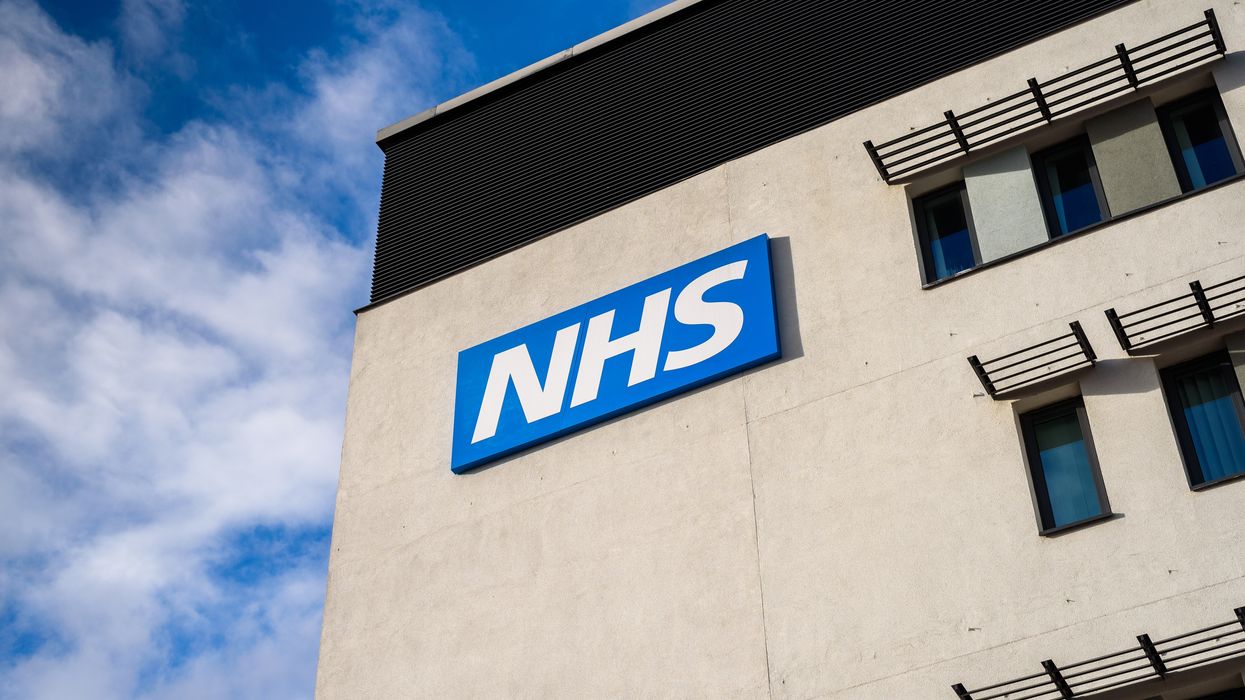New research estimates NHS will need 8.5bn extra a year for the next four years to tackle several issues such as waiting lists and staff shortage.
The British Medical Association (BMA) on Wednesday announced that 33,869 junior doctors have voted in favour of extending the industrial action and the use of action short of strike (ASOS).
With a turnout of 62 per cent, their demand stems from the ongoing campaign for complete pay restoration. The new mandate will last till September 19, starting on 3 April.
The BMA junior doctors committee co-chairs, Dr Robert Laurenson and Dr Vivek Trivedi, expressed frustration at the year-long strike action, highlighting the government's avoidance tactics to tackle soaring waiting lists, access to GPs and staff shortages.
"The government should see the urgency of the situation. Rather than waste time dragging out talks, they can come forward with a credible offer on pay right now. "
"Instead, they could be celebrating a revitalised and reinvigorated junior doctor workforce, one that feels that their value has started to be restored. That would be an achievement worth celebrating for everyone and begin to finally turn the tide on the deteriorating workforce crisis," they said.
Stressing on the urgency for a credible pay offer, the committee co-chairs added: "It has now been a year since we began strike action. That is a year of strikes too many. The government believed it could ignore, delay, and offer excuses long enough that we would simply give up.
"That attitude has now led to the NHS wasting £3bn covering the strikes. We ask the Health Secretary to come forward as soon as possible with a new offer – and make sure not a single further strike day need be called,” they continued.
A BMJ Commission's second report emphasises economist John Appleby's critique of the government's spring budget funding for the NHS. He states that it falls short of addressing the significant shortfall of £32bn suggesting a real increase of 4 per cent for 2024/25, around £8.5bn at 2022-23 prices, as a necessary step forward.
This means NHS will need 8.5bn extra a year for the next four years to tackle several issues such as waiting lists and staff shortage.
Currently, the Spring Budget confirmed a planned DHSC budget of £190bn for 2023/24, rising to £192bn for 2024/25, a 1.4 per cent increase. NHS England receives around 86per cent of this funding, amounting to £163bn in 2023/24 and £164.9bn for 2024/25. Other areas, including health staff training and public health services, receive £15.3bn in 2023/24, decreasing to £14.7bn in 2024/25.












